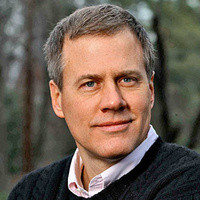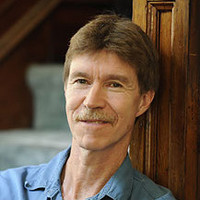Sponsored
Sponsor: Texas Monthly's New, Epic Examination of a Haunting 31-Year-Old Murder Case
Our sponsor this week is Texas Monthly, which has just published a truly incredible piece of journalism. Michael Hall, whose work has appeared on Longform many times, spent a year investigating one of the most confounding criminal cases in Texas history. In the summer of 1982, three Waco teenagers were savagely murdered for no apparent reason. Four men were ultimately charged with the crime. One was executed, two others were given life sentences, and a fourth was sent to death row only to be released after six years. They all may have been innocent.
Over the next two weeks, Texas Monthly will serialize Hall's 25,000-word piece, "The Murder at the Lake," which looks at the case from five distinct perspectives. Part One is available now; you should read it.




















